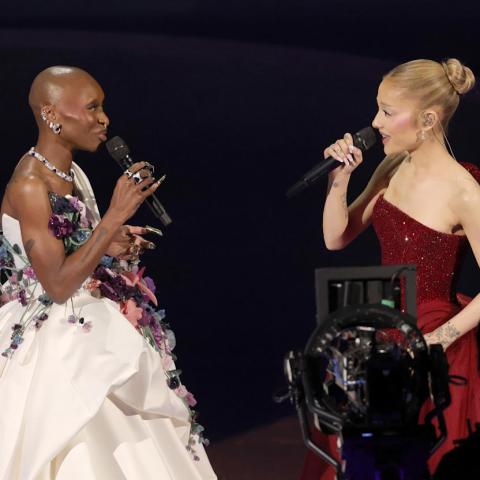South Korea’s political scene is in a state of constant flux. Recently, the country’s constitutional court ruled against the impeachment of Prime Minister Han Duck-soo, allowing him to resume his role as acting president. This marks another chapter in a saga filled with drama and tension.
Han stepped into the role of acting president after President Yoon Suk Yeol was impeached. Yoon faced backlash for declaring martial law late last year, which many deemed extreme and hasty. Unfortunately for Han, his time in this role was short-lived. Just 13 days after taking office, he was impeached himself, primarily due to clashes with the opposition-controlled parliament regarding judicial appointments.
On a recent Monday, the court voted seven to one against the impeachment, stating Han hadn’t broken any laws or the constitution in relation to the controversial martial law declaration. Interestingly, of the eight justices, five acknowledged the impeachment motion’s validity but concluded there weren’t sufficient grounds to proceed.
Two justices claimed that the impeachment lacked proper parliamentary support from the beginning, signaling a lapse in the legislative process. Han, at 75, is a veteran in the political landscape, having served in significant roles under five different presidents, spanning both conservative and liberal administrations. His career has made him a somewhat neutral figure, often navigating through a polarized political climate.
Despite his extensive experience, opposition leaders criticized Han for not doing enough to counter Yoon’s decision to implement martial law, an accusation he has firmly denied. During this tumultuous period, Finance Minister Choi Sang-mok temporarily took on the duties of acting president while both Han and Yoon’s situations were reviewed.
The martial law declaration, which lasted only about six hours after lawmakers quickly shot it down, reverberated throughout not just South Korea, but the Asian region. It raised eyebrows among international allies, especially the United States, which relies on strong relationships in this part of the world to help manage threats from North Korea and China’s growing influence.
As the situation evolves, it highlights a broader narrative in global politics where leaders often face immense challenges that test their leadership capabilities. In South Korea, the stakes are exceptionally high, with public skepticism around governance growing along with partisanship.
For more insight on Han Duck-soo’s background and political career, check out this detailed article.






















